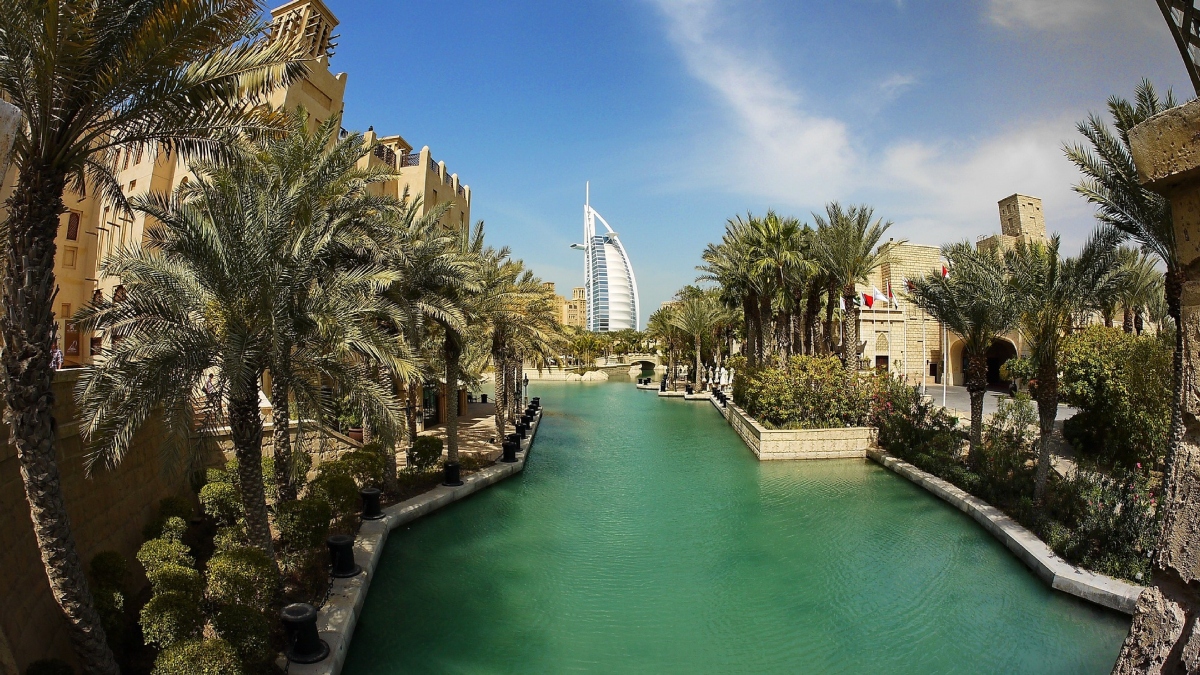Dubai has moved up three places to rank as the world’s 15th most expensive city for international employees, according to the latest survey from Mercer.
The surge in the cost of living in Dubai, the regional financial hub, is largely due to a significant increase in property rentals post-pandemic. Mercer’s 2024 Cost of Living City Ranking indicates that rents for three-bedroom properties rose by 15% year-on-year and escalated by 21% from 2023 to 2024, marking one of the highest increases among major cities.
“Rising housing costs in many cities around the world have made talent mobility a challenge for employers,” Khaleej Times noted citing Mercer in its study. “Volatile inflation trends are also eroding the purchasing power of international assignees and putting additional strain on their compensation packages. These factors can make it difficult for employers to attract and retain top talent and can increase compensation and benefits expenses, limit talent mobility, and raise operational costs.”
Yvonne Traber, Mercer’s global mobility leader, added, “High living costs may cause assignees to adjust their lifestyle, cut back on discretionary spending or even struggle to meet their basic needs.”
Real estate consultancy Asteco reported that post-pandemic rent increases are driven by an influx of foreign workers, with rents doubling in popular areas such as Jumeirah Islands, Palm Jumeirah, Dubai Sports City, Dubai Hills Estate, and Damac Hills.
Mercer’s survey evaluated 226 cities across five continents, comparing the costs of over 200 items in each location, including housing, transportation, food, clothing, household goods, and entertainment. The study used New York City as the base city and measured currency movements against the US dollar.
Apart from housing, other factors contributing to the increased cost of living in Dubai include groceries and personal care items. The prices of essentials like eggs, olive oil, and coffee have risen, while costs for petrol, haircuts, and blue jeans have decreased between March 2023 and March this year.
Regionally, Tel Aviv follows Dubai as the next most expensive city in the Middle East, ranking 16th. Other cities in the region include Abu Dhabi (43), Riyadh (90), Jeddah (97), Amman (108), Manama (110), Kuwait City (119), Doha (121), and Muscat (122).
Globally, Hong Kong maintained its position as the most expensive city, followed by Singapore. Swiss cities Zurich, Geneva, and Basel complete the top five. Conversely, Abuja and Lagos in Nigeria, and Islamabad in Pakistan, were ranked as the least expensive cities for international employees by Mercer.






